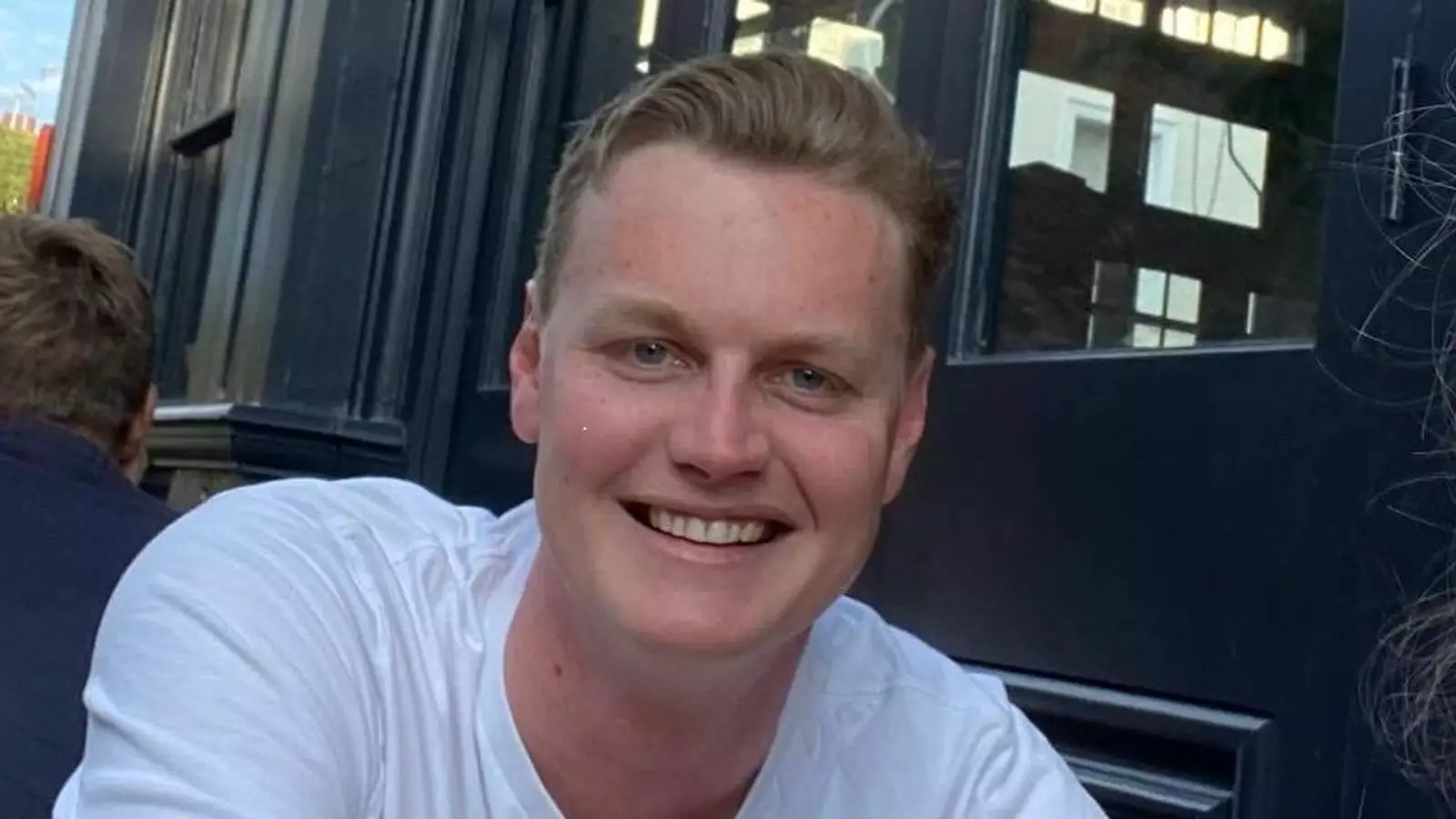The New Year’s Day tragedy in New Orleans has cast a long shadow over the lives of countless individuals, culminating in the heartbreaking loss of Edward Pettifer, a 31-year-old British man from Chelsea. The King of the United Kingdom expressed profound sorrow upon learning of Pettifer’s untimely death, believed to be linked to his family ties with a former nanny of the royal family. This personal connection highlights the far-reaching impact of violence and terrorism, even touching the lives of those in the highest echelons of society.
In an official statement, the royal family conveyed their condolences, indicating a deeply felt empathy for the Pettifer family amidst this personal tragedy. The loss resonated not only through the British community but also significantly among the residents of New Orleans, who witnessed firsthand the devastation an act of terror can unleash. Edward’s family described him as a “wonderful son, brother, grandson, nephew, and friend,” emphasizing the personal connections that now mourn his absence. Their request for private mourning underscores the feeling of isolation that often accompanies public tragedies.
On that fateful day, the bustling Bourbon Street became a scene of chaos and destruction. Authorities reported that a rented truck, driven by 42-year-old army veteran Shamsud-Din Jabbar, slammed into a crowd, leading to the deaths of fourteen individuals and injuring many others. The horror escalated further when Jabbar was subsequently killed during a confrontation with law enforcement. The situation was exacerbated by the FBI’s statement, categorizing the attack as “premeditated” and an act of terrorism fueled by extremist ideology.
Details regarding Jabbar’s affiliations were particularly chilling. The investigation revealed that he had posted extremist propaganda online, swearing allegiance to ISIS and expressing intentions of violence against both acquaintances and the broader public. Christopher Raia, deputy assistant director within the FBI’s counter-terrorism division, noted that Jabbar’s motives were deeply intertwined with his extremist beliefs, considerably shaping the narrative surrounding this tragedy.
The loss of innocent lives in this attack poignantly illustrates the ever-present threat of terrorism, which knows no boundaries. It poses questions not only about security policies but also about societal attitudes toward radicalization. As the investigation unfolds, the stark reality remains that individuals like Jabbar can slip through the cracks of society, leading to devastating consequences. The FBI’s characterization of Jabbar as “100% inspired by ISIS” serves as a haunting reminder of the influence extremist ideologies can hold over vulnerable individuals.
Moreover, the aftermath of such incidents often sees communities grappling with fear and mistrust. Local residents of New Orleans, while determined to uphold their vibrant culture, are now faced with the challenge of reconciling their festive spirit with the specter of violence that has intruded upon their lives. The resilience of a community has often been its strength, but such attacks necessitate a re-evaluation of safety measures and community support systems.
As new details about the victims emerge, the personal stories behind the names remind us of the human cost of such acts. Besides Pettifer, the list includes individuals from various walks of life, each with their dreams and aspirations cut short. The grief felt by families, friends, and even strangers forms a communal bond of sorrow, prompting a collective call for healing and resilience.
In response to these tragedies, society must strive to create more supportive environments for those who feel marginalized or targeted by extremist narratives. Initiatives promoting dialogue, education, and community bonds are essential in mitigating the risk of radicalization and fostering understanding among diverse groups. As we remember Edward Pettifer and the others who suffered that day, it is crucial to transform our grief into action, ensuring that such violence does not become a recurrent chapter in our shared history.
The tragedy in New Orleans not only serves as a stark reminder of the omnipresent threat of terrorism but also highlights the need for a united and proactive approach to counter such acts of violence. We must honor the memories of those we have lost by advocating for compassion, understanding, and security in our communities.

Leave a Reply